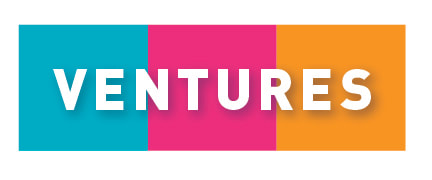|
Poor families are constantly thinking about money and savings – save for a car to get to that job, for that rental deposit to move out of the shelter, or for tuition to get an education. Savings is what they aspire and need to do to get out of poverty. But they can’t save because the safety net programs we created as a society actively discourage it by using asset limits.
Asset limit policies create a catch-22 for poor families where if they try to save to move out of poverty they lose basic need support that their savings cannot replace – things like health, food, and rental assistance. Take for example Santa Cruz, where the cost of is 34.7% above the national average. According to Zillow, the average price of rent is about $2,900. To move a family usually must have the deposit and the first month of rent – or about $5,800. Usually landlords also ask for the last month of rent, making the total cost closer to $8,700. However, in California, the cash assistance program under the Temporary Assistance for Needy Families (TANF) has limits of $2,000 for single recipients or $3,250 if household includes person over 60. For these reasons eight states, Alabama, Colorado, Hawaii, Illinois, Louisiana, Marilyn, Ohio, and Virginia, have eliminated the TANF asset limits. The elimination of asset limits recognizes the fact that without savings temporary setback such as job loss, illness, or car trouble can set a family back and prevent them from leaving poverty behind. Families in Santa Cruz county already find it difficult to save and live in an area with extremely high cost of living. Many depend on these public benefits to make ends meet. It would be a lot easier for them to flourish without barriers inhibiting their asset growth. In states that removed asset limits it has been found that removing the asset test did not greatly rise the number of new applicants for public benefits. In fact, the majority of applicants were already in asset poverty. Research has also found that removing the asset limits reduces time, effort and cost to each programs administration. In financial counseling, we also recommend that families have 6 months of living expenses have in case of emergency. That is much more than $2,000. Asset limits are then not only preventing families from saving to move out of poverty, they are actively discouraging families from exhibiting healthy financial behaviors. Call your representative and let them know that asset limit reform needs to happen in the state of California, as well as all over the country. Our communities deserve the opportunity to grow and prosper.
1 Comment
|
Archives
March 2023
Categories |

 RSS Feed
RSS Feed